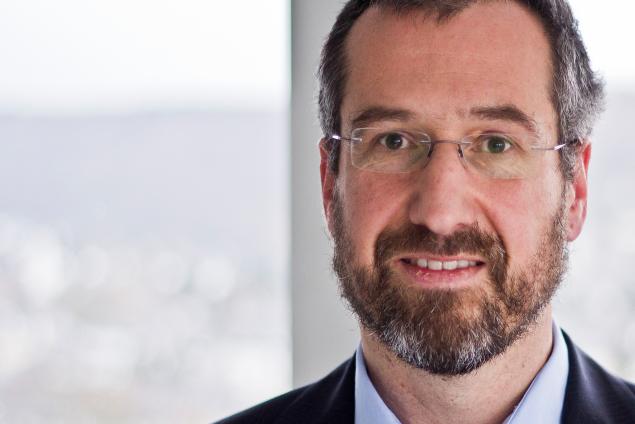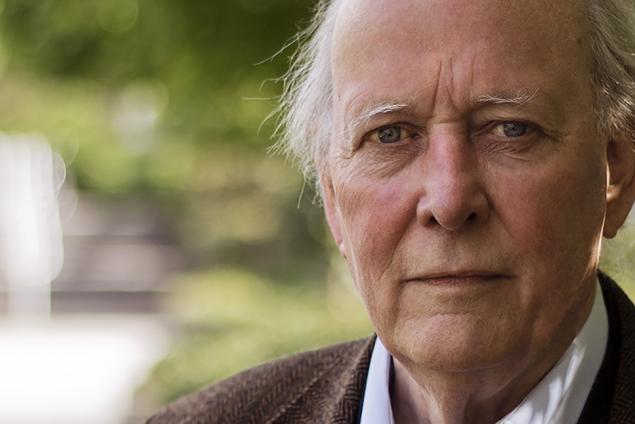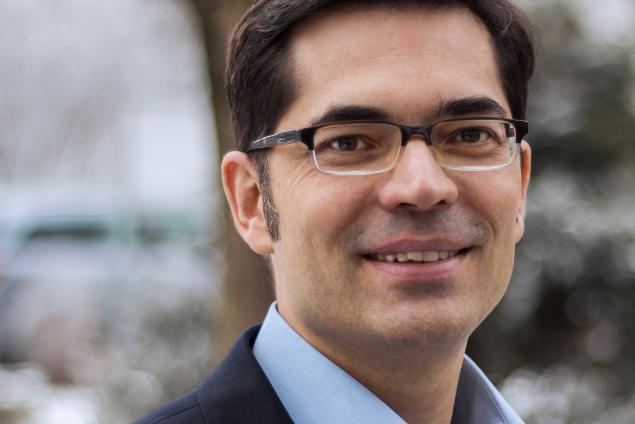Scroll to Section:
Departing from the standard model of economics with the assumption that humans have fixed preferences, or tastes, more recent behavioral insights show that preferences are influenced by past consumption in a way that the status quo is often valued higher than alternatives. CARL CHRISTIAN VON WEIZSÄCKER adds this “adaptiveness” to the standard model of preferences and shows that this still allows performing standard welfare analysis. In showing that improvement paths are always non-circular, the altered model even delivers a foundation to do behavioral welfare economics.
DOI:
https://doi.org/10.21036/LTPUB10084
Institution
Max Planck Institute for Research on Collective Goods
Initially founded as a Max Planck institute that investigates the provision of collective goods, the institute has developed into an international hub that focuses in its research mainly on applied economics and on behavioral law. Moreover, the institute hosts three independent research groups on “moral courage”, “economic cognition”, and “mechanisms of normative change”. The set of researchers from various disciplines, such as economics, law, psychology, and sociology, constitutes a truly interdisciplinary environment that facilitates a cross-fertilization of ideas.
Original publication
Adaptive Preferences and Institutional Stability
Journal of Institutional and Theoretical Economics JITE
Published in 2014
Reading recommendations
Konsumentensouveränität und beeinflussbare Präferenzen. Ist Laisser Faire bei Werbung das Richtige?
List Forum für Wirtschafts- und Finanzpolitik
Published in 2014
Beyond
A Ground-breaking Scientific Revolution
An Alarming Challenge for Society
If I Had a Second Life
A Personal Reading Recommendation




